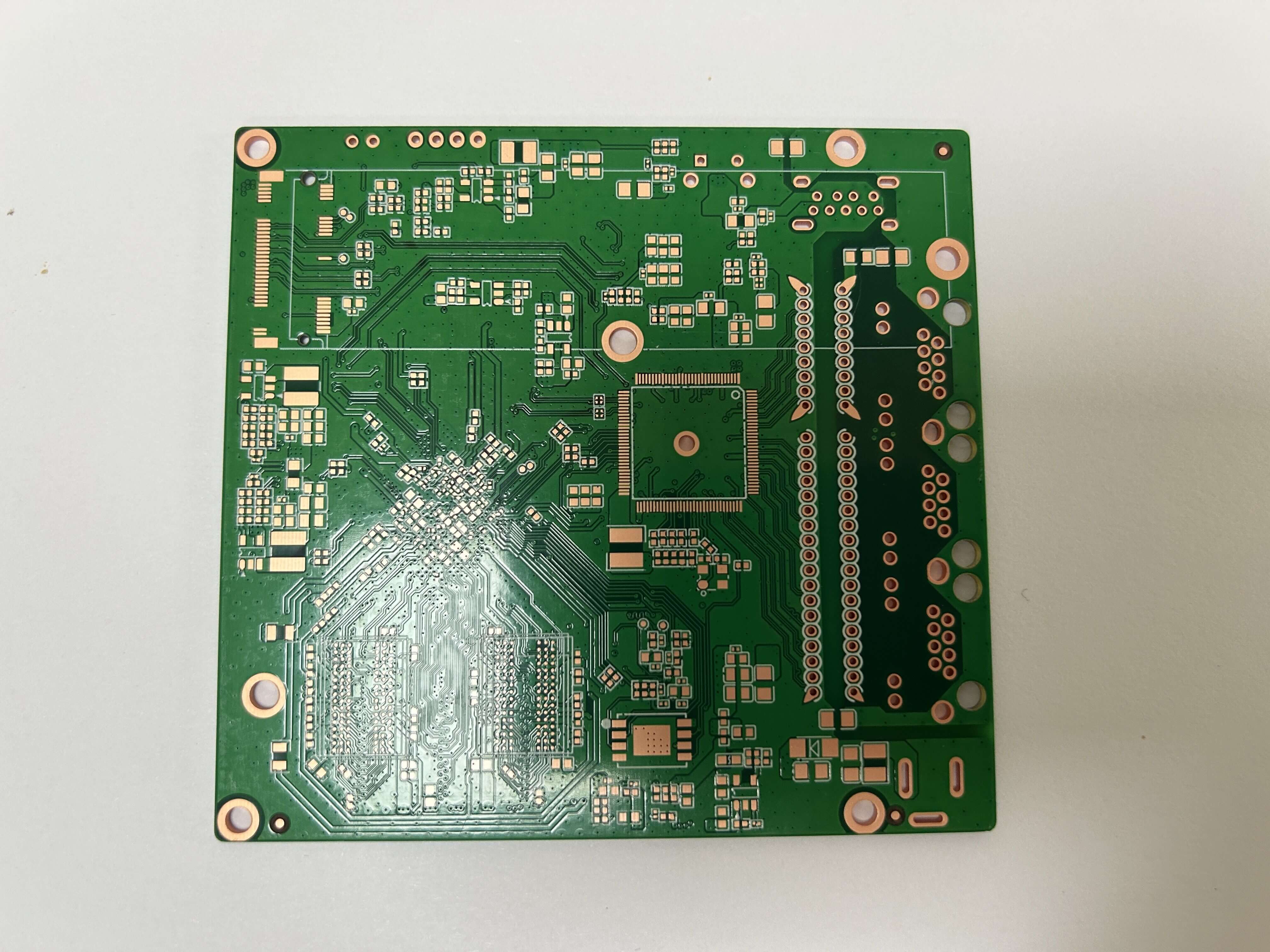Unveiling the Advantages of Aluminum Base PCBs
Aluminum Base PCBs, also known as Metal Core PCBs, have gained significant popularity in recent years due to their numerous advantages and unique properties. This comprehensive guide explores the advantages of Aluminum Base PCBs and the reasons why they are increasingly being used in various industries.
1. Superior Thermal Management
One of the key advantages of Aluminum Base PCBs is their excellent thermal management capabilities. The high thermal conductivity of aluminum efficiently dissipates heat, preventing overheating and ensuring the longevity and reliability of electronic components. Aluminum Base PCBs are ideal for applications requiring efficient heat dissipation, such as LED lighting, power supplies, and automotive systems.
2. Enhanced Mechanical Stability
Compared to traditional FR4 PCBs, Aluminum Base PCBs offer superior mechanical stability. The aluminum core provides strength and rigidity, making them resistant to mechanical stress and vibrations. This durability makes them suitable for rugged environments and applications where reliability is crucial, such as aerospace, military, and industrial equipment.

3. Lightweight and Cost-Effective
Aluminum Base PCBs are lightweight compared to other substrate materials, such as ceramics or copper. Their lightweight nature reduces overall system weight, making them suitable for applications where weight is a critical factor, such as portable devices or aerospace applications. Additionally, Aluminum Base PCBs are cost-effective compared to other high-temperature substrate materials, making them an economical choice for various projects.
4. Improved Electrical Performance
Aluminum Base PCBs exhibit excellent electrical performance due to their low dielectric constant and low loss tangent. These properties minimize signal distortion and ensure reliable signal integrity. Moreover, the thermal conductivity of aluminum helps in reducing the operating temperature of electronic components, further enhancing their electrical performance and reliability.
5. Design Flexibility and Compatibility
Aluminum Base PCBs provide designers with greater flexibility in terms of circuit design. The metal core allows for the integration of both high power and low power components on the same board, reducing the size and complexity of the overall system. Additionally, Aluminum Base PCBs are compatible with standard PCB manufacturing processes, making them easily adaptable to existing production lines.
Summary
Aluminum base pcbs offer numerous advantages, making them a popular choice in various industries. From superior thermal management and enhanced mechanical stability to lightweight design and improved electrical performance, Aluminum Base PCBs provide an array of benefits. Their design flexibility and compatibility with standard manufacturing processes further contribute to their widespread adoption. Understanding these advantages allows designers and engineers to make informed decisions when selecting PCB substrates for their projects, ensuring optimal performance, reliability, and cost-effectiveness.

